19, November 2021
Yaounde: Civil servants reject COVID-19 vaccines 0
Authorities in Cameroon say fewer than 300 of a targeted 300,000 state workers have agreed to be vaccinated against COVID-19 two weeks into a campaign. Some civil servants who spoke to VOA hold a mistaken belief that the virus is no longer a threat in Cameroon. But health officials say vaccinations in the Central African state must be stepped up amid concerns about another wave of infections.
Several dozen people enter and leave Cameroon’s Public Service and Administrative Reform Ministry Thursday morning. At the ministry’s courtyard is a new stand where civil servants can get COVID-19 vaccines free of charge.
Vaccination team member Roland Njalla said only 11 of the expected 400 ministry employees have volunteered to be vaccinated over the past 10 days.
“People are not well informed and edified as to what the vaccine is going to bring as an advantage, as a plus. People are afraid, they don’t know the side effects of the vaccine. I think that is the principal problem,” he said.
Cameroon officially launched a one-month campaign to vaccinate at least half of its 600,000 active and retired government workers against COVID-19 November 10. Vaccinations started five days before the official launch.
The Public Health Ministry says it has vaccinated just 300 of the 300,000 expected active and former state workers.
Public Service and Administrative Reform Minister Joseph Le said he is pleading with workers to accept the COVID-19 vaccine.
“This campaign is intended to ensure that the professional environment is not a place where the virus spreads, but a suitable environment for professional development for all of us. We will continue to emphasize that vaccination is the only way to protect ourselves from the devastating effects of this terrible pandemic,” he said.
Cameroon announced last month that the COVID-19 Delta variant was present in the country and infection rates were increasing.
The health ministry is encouraging people to be vaccinated and continue to wear face masks, wash their hands regularly and keep at least a meter from each other.
Health Minister Manaouda Malachie said people are reluctant to take the vaccine because of lack of awareness, rumors and exposure to misinformation spread mainly on social networks.
Manaouda said 1993 Nobel Peace Prize winner Nelson Mandela, whom many Cameroonians consider their mentor, once called vaccinations the most powerful of all preventive health measures. He says the COVID-19 vaccine saves lives and reduces the risk of getting and spreading the virus.
The Cameroon Bar Association said last month that some government officials were blocking unvaccinated civilians from public offices.
Evaristus Morfaw Nkafu, president of the General Assembly of the Cameroon Bar Association, said no law compels public service users to provide vaccination cards.
“There are some authorities who have decided that those who are not inoculated will not enter into their premises. It means they are discriminating against Cameroonians. Rather than coercing, I think the government should educate the people. They should persuade the people and even give incentives,” said Nkafu.
Nkafu said a campaign to raise awareness on COVID-19 vaccination should be offered to those who are hesitant by reaching out and providing crucial information where they live.
The government denied that it is compelling people to be vaccinated.
It is definitely encouraging the jabs.Only one-half percent of the targeted 12 million people were fully vaccinated as of October 30.
Source: VOA
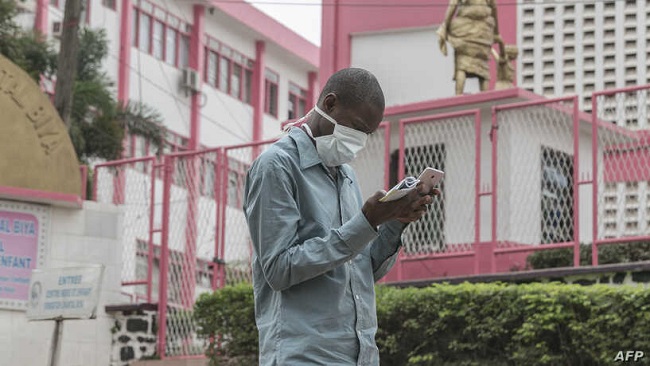
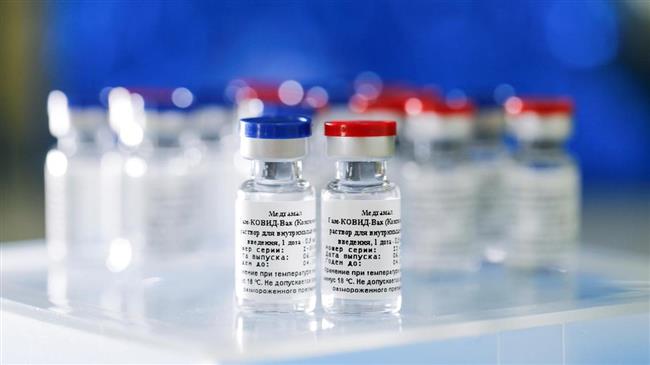
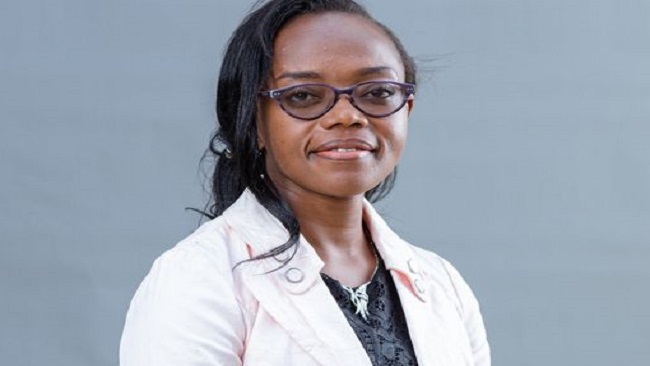
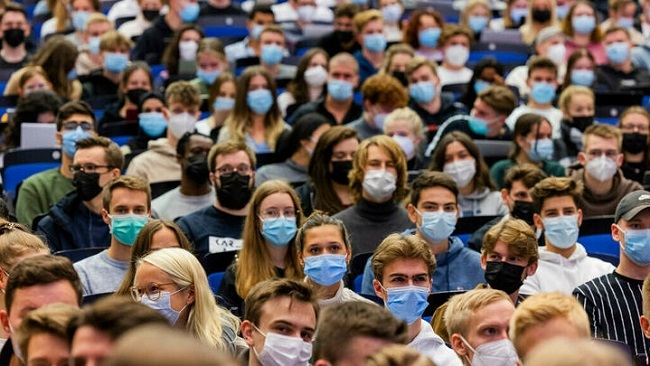


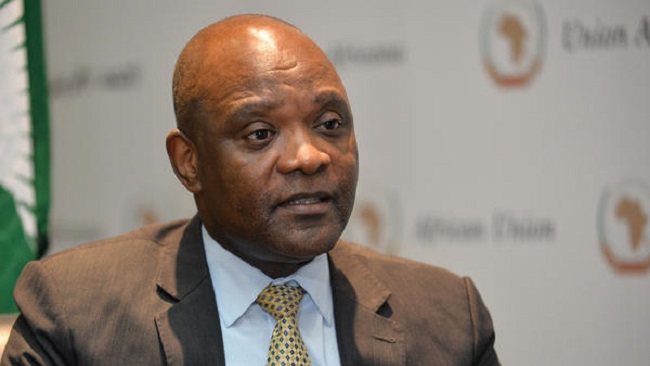
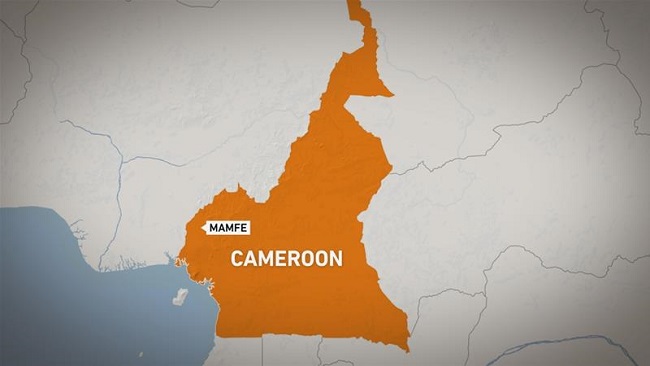

















22, November 2021
Kenya to seek proof of Covid vaccination 0
Kenyans will have to prove they are fully vaccinated against Covid-19 to gain access to government services and public places such as national parks, bars and restaurants under new health regulations.
The move comes despite Kenya recording a declining number of coronavirus infections in recent weeks, but against a backdrop of heightened restrictions in some European countries that are battling soaring cases.
Kenya will require people to show vaccination certificates from December 21, and is planning a 10-day mass inoculation campaign from November 26, Health Minister Mutahi Kagwe said in a statement issued late Sunday.
Visitors from Europe will also have to provide proof of full vaccination, he added.
Kenya, Kagwe said, has seen a “marked decrease” in the number of severe cases and deaths, with a positivity rate over the last 14 days ranging from 0.8 percent to 2.6 percent.
Since the start of the pandemic, the East African powerhouse has recorded a total of 254,629 cases and 5,325 deaths.
‘Not yet time to celebrate’
“I have no doubt that looking at these statistics, it’s very easy to become complacent and fail to appreciate the magnitude of the problem that we still face with the pandemic,” Kagwe said.
“The current decline in the number of new infections may be attributed to a buildup of immunity both through natural exposure to the disease and the ongoing vaccination exercise. Nonetheless we know that it’s not yet time to celebrate.”
Only 2.4 million people, or less than nine percent of Kenya’s adult population, have been vaccinated, according to official figures, compared with a government target of 30 million by the end of next year.
Kagwe voiced concern about the low uptake of Covid shots, particularly among the elderly, and said it had slowed after the lifting of a night-time nationwide curfew last month.
He said Kenya had received a total of 10.7 million vaccine doses and expected to get another eight million, without giving a timeframe.
Under the new measures, in-person access to government services including hospitals, education, tax and immigration offices will be limited to those carrying proof of vaccination.
Similar restrictions will be imposed for public places such as national parks and game reserves, hotels, bars and restaurants, while all indoor gatherings will be limited to two-thirds capacity for vaccinated people only.
All those working in the public transport sector, such as pilots, drivers and “boda boda” motorcycle taxi drivers must also be fully inoculated.
Source: AFP